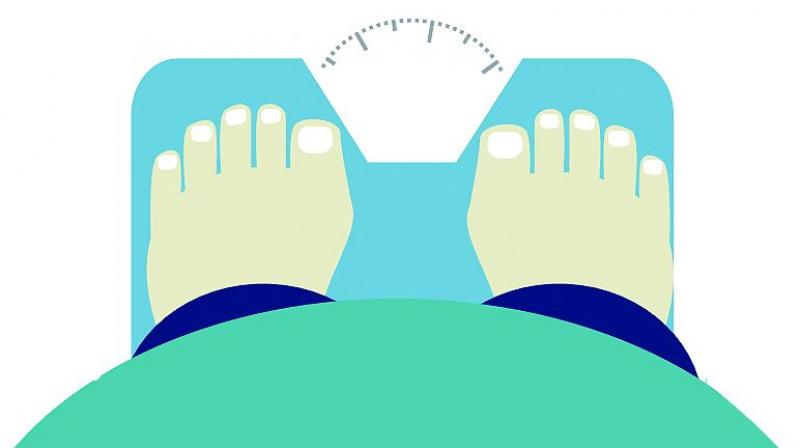Bariatric surgery may only help fight obesity, not diseases

Hyderabad: Bariatric surgery may help cure obesity but it does not always cure weight-related complications such as high blood pressure, heart problems, sleep apnoea, high blood cholesterol and diabetes. According to experts, the risk increases by 50 per cent if obesity is accompanied by any of these health conditions.
Bariatric surgery may be successful at slowing down the natural progression of certain obesity linked diseases, but it may not entirely halt or reverse their progression. Singireddy Srinivas Reddy, who passed away on Wednesday, was a diabetic who had undergone bariatric surgery with the hope of it curing his diabetes.
Dr V. Amar, a bariatric and advanced laparoscopic surgeon, says, “Obesity is a disease which can lead to over 65 types of associated medical problems such as type 2 diabetes, hypertension, heart problems, high blood cholesterol and obstructive sleep apnoea. Obesity and these associated medical problems can reduce one’s life span.”
He says that bariatric surgery, which is a type of metabolic surgery, has been scientifically proven to assist in weight loss. It has also been known to resolve weight-related medical problems in a significant number of patients. “If anyone has significant medical problems at the time of undergoing bariatric surgery, it may halt, or at least slow down, the progression of those problems.”
This means that the surgery has the capacity to prolong the lifespan of some patients,” he says. “Mr Srinivas Reddy underwent the surgery in 2012. It might have slowed down the progression of his diabetes, however, it could not diminish the risk to his life,” says Dr Amar.
Bariatric surgeon Dr K. Abhishek from the Asian Institute of Gastroenterology says that bariatric surgery is a tool that is used to help cure obesity when all other alternatives have failed. He says that not all obese individuals are advised to undergo this surgery. It is usually recommended only for patients with a body mass index (BMI) of 22.5 kg per sq. m or above. For diabetics, it is recommended only for those with a BMI of 27.5 kg per sq. m or above. A pre-operative evaluation of kidney, lung and heart function is essential.

